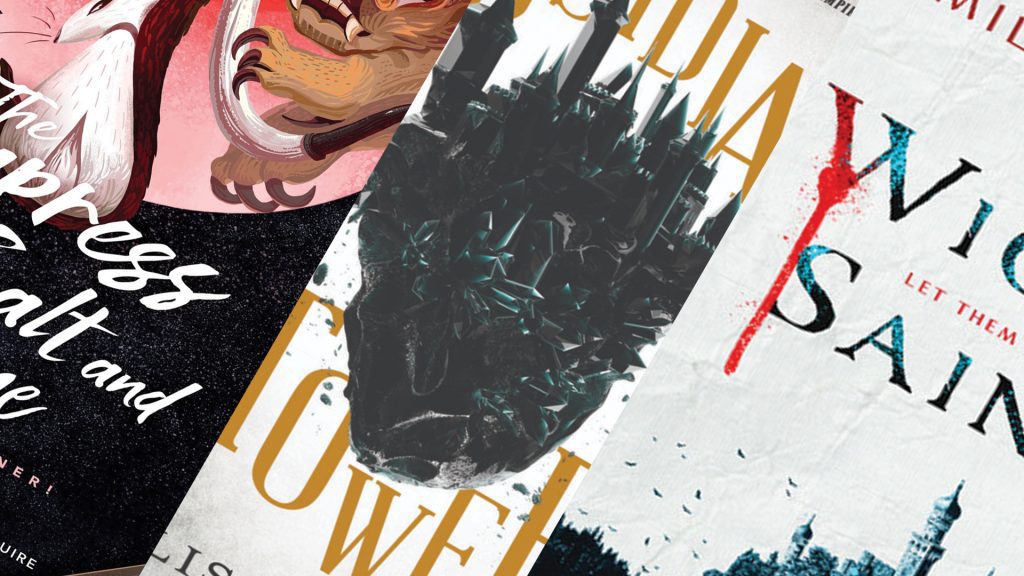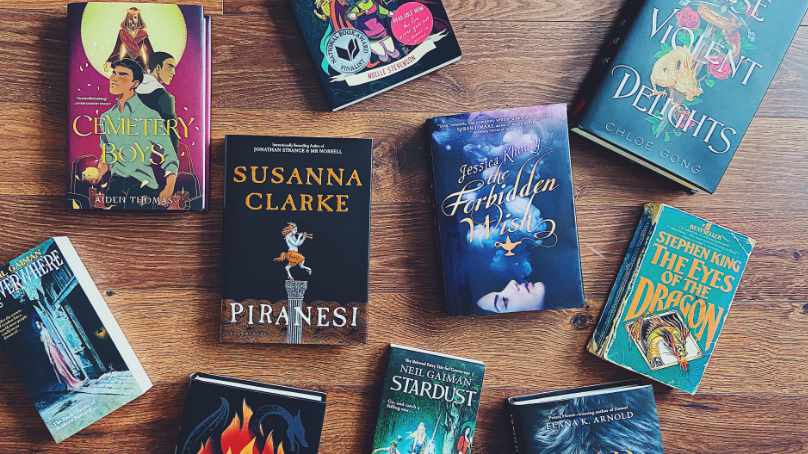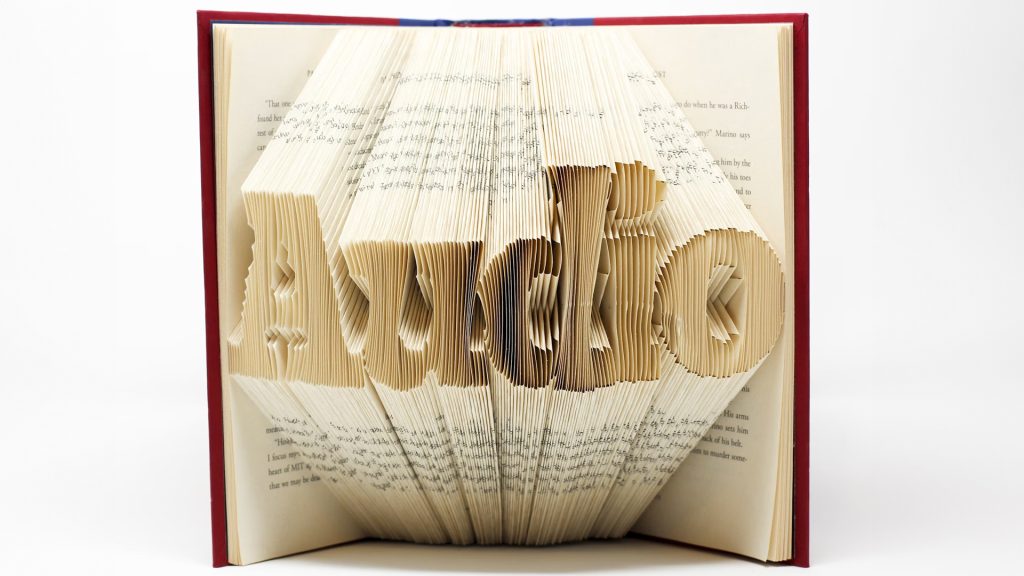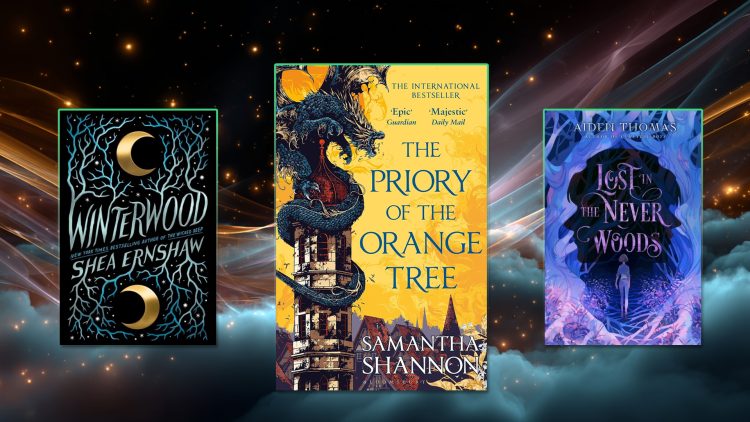Somewhere between the third cliffhanger in a row and the publisher’s vague “coming soon” announcement, many readers have quietly snapped.
It’s not that we’ve fallen out of love with reading, quite the opposite, but we’ve grown weary of the commitment, the limbo, the emotional IOUs that sprawling, unfinished series seem to demand. On BookTok, this frustration has a name: series fatigue.
Videos brim with readers half-joking, half-pleading for authors to “just finish the series already”, while memes about forgetting plot points before the next installment hits shelves feel less like humor and more like shared trauma.
In this landscape, standalone novels have emerged not as a lesser choice, but as an act of self-preservation.
A complete arc, a sense of closure, and the comfort of knowing you won’t be dangling off a literary cliff for years: it’s all part of a broader cultural shift toward immediacy, intentionality, and yes, reader sanity.
As Rebecca Joines Schinsky at Book Riot notes, our attention spans are under siege. In a world of too many tabs open, the satisfaction of a whole story told well, all in one volume, has never been more seductive.
The Series Fatigue Phenomenon

Series fatigue is more than a passing complaint; it’s a collective sigh that’s been building for years. As Alyssa Morris observed in her latest BookTok trend roundup, the hype cycles of unfinished fantasy sagas or romantasy epics are losing steam.
The once-thrilling announcement of “Book One in a dazzling new series” now comes with an undercurrent of dread: Will I still care when Book Four arrives in 2029? That dread isn’t unfounded: online spaces like this Reddit thread are brimming with confessions from readers who’ve abandoned series mid-arc, not because the stories weren’t good, but because the wait and mental upkeep felt too heavy.
It’s a uniquely modern frustration. We live in a media-saturated reality where we can binge an entire TV series over a weekend, finish a podcast season in two days, and devour a romance novel in a single sleepless night.
Against this backdrop, the staggered drip-feed of multi-book epics feels glacial. The risk isn’t just forgetting a subplot; it’s losing the emotional connection entirely. By the time the next volume arrives, the characters feel like acquaintances you used to know, and the emotional stakes have cooled.
It’s no wonder readers are choosing standalones and completed series: they want the fire to burn bright from start to finish.
RelatedNo Cliffhangers, Just Chemistry: 10 Standalone Romantasy Books Worth Falling For
Why Standalones Are Winning

At first glance, the appeal of standalones might seem obvious: one book, one resolution, but there’s a deeper psychology at play. Standalones promise instant gratification in a culture that increasingly values immediacy.
The story doesn’t just end, it completes you, in that subtle, resonant way only a fully closed arc can. And unlike sprawling series, standalones don’t require you to keep an internal Wikipedia of characters, kingdoms, and subplots just to understand the sequel.
This isn’t laziness, it’s cognitive conservation. As Indies Unlimited points out, readers juggling work, family, and an endless TBR pile often crave stories that deliver a high emotional return without the mental tax.
There’s also a rebellious streak in the rise of standalones: a pushback against the marketing-driven “must-read” series launches that leave readers stranded mid-narrative. Choosing a standalone isn’t just a preference; it’s a quiet declaration of independence from hype cycles.
Enjoying this article?
Subscribe to our weekly newsletterAudio And The Rise Of “Quick Closure”

Enter the audiobook boom, and the standalone trend gains another ally. Audiobooks, particularly those with duet narration or immersive performances, offer a kind of narrative fast-track.
A book that might take a week to read can be finished in days, woven into commutes, workouts, or late-night cleaning sprees. Alyssa Morris has noted the spike in BookTok posts about “books you should listen to instead of read”, where the audio not only enhances the experience but accelerates it.
In the context of series fatigue, audio becomes a balm. Imagine finishing a complete, emotionally satisfying story in under ten hours, no year-long waits, no mental plot refreshers required.
It’s the literary equivalent of comfort food: nourishing, complete, and available on demand. For readers chasing closure, audiobooks aren’t just a format; they’re a lifestyle hack.
RelatedCan Dark Fantasy Be Standalone? A Discussion
Implications For Publishers

Publishers who built their seasonal schedules on the long-tail promise of multi-book deals may find this shift unsettling. But it’s also a roadmap.
The market is signaling a hunger for standalone novels with rich, immersive worlds, finished series bundled in box sets, and transparent publishing timelines that respect the reader’s investment. In genres like romantasy, where emotional stakes run high, delivering closure isn’t just good storytelling; it’s good business.
Ignoring this trend could mean alienating an audience that’s not shy about voicing discontent. The reader of 2025 isn’t passively consuming what’s offered: they’re curating, choosing formats and narratives that align with their time, attention, and emotional energy.
Publishers who meet this moment will not only retain loyalty but may find themselves cultivating a more engaged, vocal, and ultimately satisfied readership.
Related10 Standalone Fantasy Books to Read When You Don’t Want to Start a Series
The Attention Economy And Literary Commitment

At its heart, this isn’t a battle between depth and convenience: it’s a reckoning with how we spend our attention. As Rebecca Joines Schinsky suggests, the complete narrative arc is a form of respect: for the reader’s time, their emotional bandwidth, and their capacity to immerse without fear of abandonment.
In an era where our focus is fractured across devices, feeds, and endless content streams, the promise of a single book that begins and ends on your own terms is intoxicating.
The rise of standalones reflects a broader cultural shift: from accumulation to intention, from open tabs to finished chapters. Closure, in this context, isn’t a luxury; it’s a necessity. And as BookTok continues to report reading habits, it’s clear that for many, the greatest plot twist is finding a book that ends exactly when and how it should.














